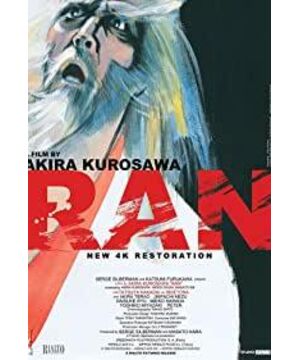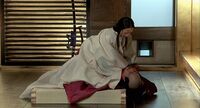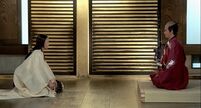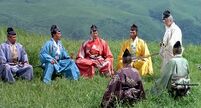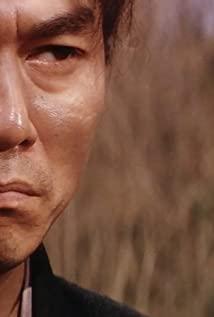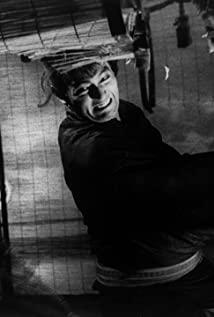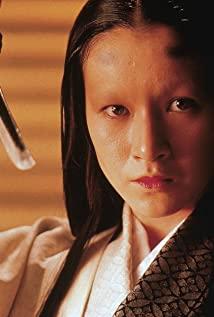Even after many years, fear of Cordelia's death prevented me from revisiting "King Lear"—especially the painful reading experience of the show's last few scenes. The terrifying and desolate scene in the last scene of King Lear, in the last few scenes of Kurosawa Akira's "Ran", this kind of grief and indignation of the cold-eyed eye of nature and the indignation of the gods, but inadvertently make I relived the shock again.
Xiuhu went mad in the wasteland after experiencing the abuse of his eldest and second sons. It is a metaphor for God's precepts - although human dignity is unstoppable and will last forever, the god standing above the earth and the misty clouds is the coldest and most ruthless, when human beings are most embarrassed. After losing his dignity, Xiuhu, the daimyo who once destroyed his rivals and the city, was desperate and mad after the old man and Saburo died at the hands of Erlang.
After all the tragedies were shown in blood, the harlequin (analogous to Shakespeare's jester in King Lear) was still deafeningly loud when he questioned the heavens and the gods: Is there no heaven? brute! Listen to me if you have anything, you are just cowards playing pranks, killing people without blinking an eye, is it so fun to make humans cry?
The ending is an ending that Shakespeare will also deeply praise: the blind Tsurumaru waits beside the high wall for his sister to bring back the flute (perhaps an artistic rescue, maybe an obsessive hope), in the panic and confusion by the wall The picture of the Bodhisattva fell from the bottom of the city, and a beam of light finally shot into the statue of the Bodhisattva. This scene, combined with the whole movie, is like a ruthless mockery of the order of human salvation. What I understand more is that Akira Kurosawa wanted to express a profound understanding of human beings. Without the guidance of compassion and faith, human beings are as blind and dangerous as blind people on the edge of a cliff exploring the way forward.
View more about Ran reviews


